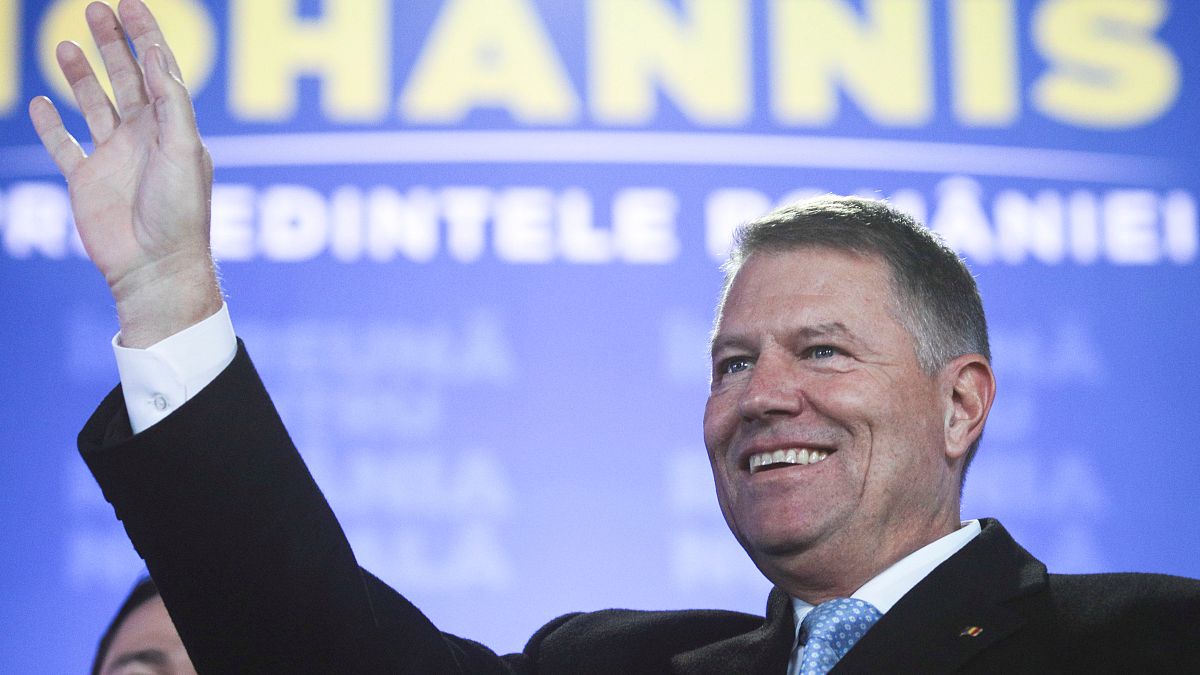Centre-right reformist Klaus Iohannis crushed his socialist challenger in a presidential election runoff that will delight Brussels.
Romania's centre-right President Klaus Iohannis won a second term early Monday, crushing his socialist challenger in a presidential election runoff with a pledge to resume judicial reforms slowed down by successive Social Democrat (PSD) governments.
Two separate exit polls showed Iohannis garnered 64%-67% of the vote, with former prime minister Viorica Dancila of the left-leaning PSD taking 33-36%.
"The winner today is modern Romania, European Romania, the normal Romania," Iohannis told reporters in his victory speech.
Under a succession of PSD governments, Romania has rolled back anti-corruption measures. Along with ex-communist peers Poland and Hungary, it has been heavily criticised by Brussels for its actions.
However, 60-year-old Iohannis has been credited by Western allies and the European Union with trying to protect the rule of law, in particular by challenging attempts to limit judges' independence.
The president's powers are mostly limited to nominating a prime minister on the basis of who can command a majority, challenging laws in the Constitutional Court, and appointing some chief prosecutors.
Iohannis will now have a chance to install anti-corruption and anti-mafia prosecutors who are serious about tackling endemic corruption.
His plan has the backing of Prime Minister Ludovic Orban, who became head of a liberal minority government by winning a parliamentary vote of confidence three weeks ago.
Viorica Dancila's PSD had increased the burden of proof in corruption cases, reorganised panels of judges and set up a special unit to investigate magistrates for potential abuses, a move widely seen as an instrument of political coercion.
Romania's judicial reforms have been monitored by Brussels since it joined the EU in 2007; in October, Brussels said the reforms were going backwards.
Iohannis, a soft-spoken ethnic German and former mayor of Sibiu, became president in 2014.
He helped to secure popular approval for a referendum last May that proposed a ban on governments altering legislation by emergency decree and a ban on pardons for corruption-related crimes.
